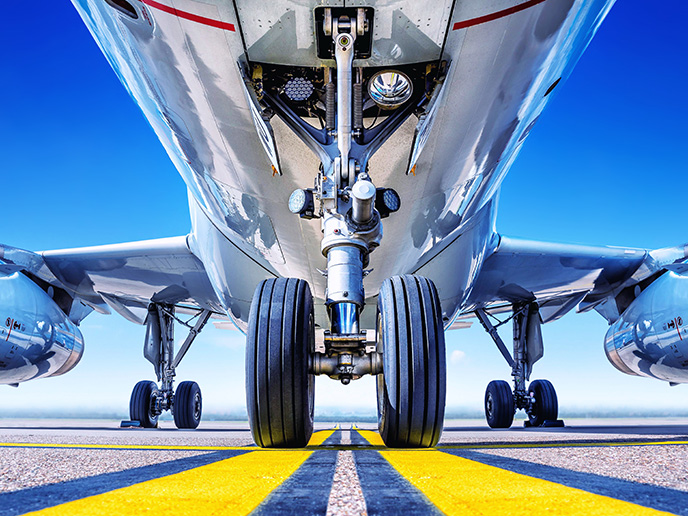Galileo-based solutions for urban logistics
The urban freight transport sector is facing a range of challenges, including managing and monitoring the flow of freight, ensuring last-minute delivery, maximising the economic efficiency of urban distribution and minimising the sector’s environmental impact. To help the EU freight transport sector mitigate some of these challenges, the EU-funded GALENA project is developing the integrated information system needed to coordinate the cross-supply chain community of shippers active in urban freight pooling and last-minute delivery. Specifically, the project aims to demonstrate the possibility of using Galileo services in freight transport and logistics. Galileo is Europe’s global navigation satellite system (GNSS), providing improved positioning and timing information. ‘GALENA utilises a robust, GNSS-based liability binding application that enables different carrier operators to join an ‘Urban Logistics Community’ to timestamp, geo-locate and formalise their trip and all related events,’ says project coordinator Bart Vannieuwenhuyse. Put into practice, this means the entire process of transporting goods – from pickup to final delivery – are monitored through GALENA’s indoor and Galileo-provided outdoor location services. It is this combination of GNSS-based outdoor location capabilities with traditional indoor location services that makes GALENA a unique offering for urban freight transport. So, when a pickup or a delivery happens, the item is scanned with a device that periodically reports the package’s position to a supervision platform. ‘With this information, we can associate items with vehicles and be aware of their position from the warehouse all the way to the final customer,’ explains Vannieuwenhuyse. A hybrid system for seamless positioning GALENA uses some of the key features of Galileo, coupled with the security services in a handset, in order to timestamp, geo-locate, authenticate and formalise any events related to an urban shipment involving several carriers. This includes transactions, status changes, timing and location issues, cost implications, insurance aspects, liability sharing, and last mile logistics. A key outcome of the project is the development a mobile application for Android smartphones that provides an innovative, accurate and affordable outdoor/indoor location service that can be used with a standard scanning system. This hybrid Galileo outdoor/indoor system provides the user with a seamless, real-time tracking of a carrier’s position. ‘The GALENA Logistics Information System, which is based on an existing system, has been adapted so it can exchange and store end-to-end authenticated data between all stakeholders, meaning goods can be traced and managed across the entire supply chain,’ says Vannieuwenhuyse. ‘Stakeholders can use a web application to continuously supervise and track transactions and support the decision making process.’ A new standard The GALENA system is the result of a true interdisciplinary collaboration. Its two-fold approach is setting a new standard for the urban freight transport sector. ‘GALENA is unique in that it is the first Galileo-based solution applied to urban freight logistics,’ says Vannieuwenhuyse. ‘Its two-in-one technological approach is the main value of the GALENA solution and the key to its future marketability.’ As the project moves into its last phase, real-life demonstrations are being set up in order to test, validate and explore further business development possibilities. A GALENA demo is currently running in Horst, the Netherlands.
Keywords
GALENA, urban logistics, Galileo, geo-location, Android smartphones, integrated information system







